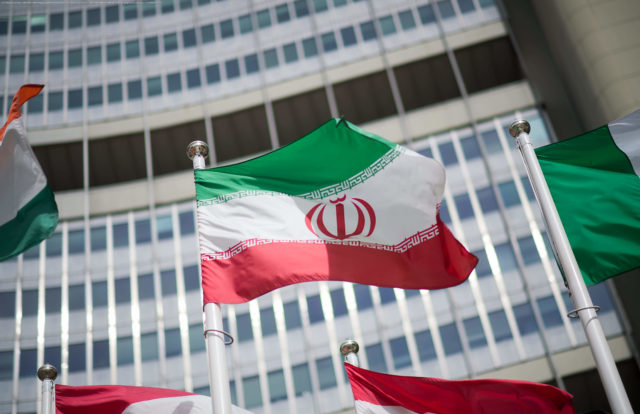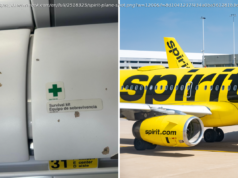Indirect talks between Iran and the U.S. kicked off on Monday, as the two countries look to revive the 2015 nuclear deal.
China may appear to be representing Iran’s demands at the nuclear talks in Vienna, but it’s not clear if Beijing will stay on Tehran’s side as their political alliance is not „rock solid,“ said a political expert at the Middle East Institute in Singapore. Indirect talks between Iran and the U.S. kicked off on Monday, as the two countries look to revive the 2015 nuclear deal. Iran signed the deal — formally known as the Joint Comprehensive Plan of Action — with the U.S., China, France, Germany, Russia and the U.K. However, under the administration of President Donald Trump, the U.S. unilaterally withdrew from the pact in 2018 and imposed harsh sanctions on Iran. Since then, Iran has also breached the agreement and increased its uranium stockpile and enriched them to levels beyond the parameters of the JCPOA. „While the battle is happening between the U.S. and Iran, Iran has been trying to win its own teammates out of these P5 powers, and the U.S. is also doing the same,“ said Asif Shuja of the National University of Singapore’s Middle East Institute, referring to the other signatories. Analysts are not expecting a major breakthrough from the talks. Tehran has said that all sanctions imposed when the U.S. abandoned the pact three years ago must be lifted, but Washington wants Iran to return to compliance before any relief is given.






